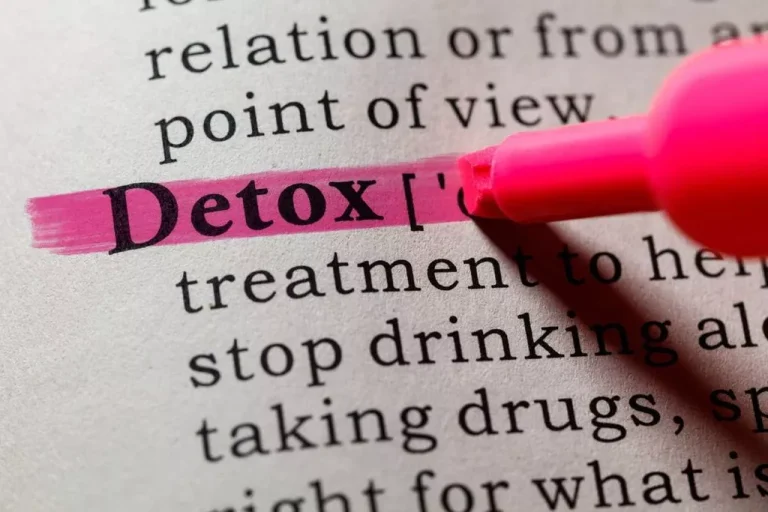
They may also assist residents in finding employment, allowing them to defer payments. This approach makes sober living more attainable for those lacking immediate funds. While not all homes offer direct therapeutic services, they often connect residents to essential local resources like counseling or job placements.

Risks and Downsides of Sober Living Homes

These homes provide a supportive community and a strong support network to help individuals safely navigate the tough spots and triggers they may encounter. The duration of your stay in a sober living house primarily depends on individual needs. While some residents might feel ready to move on after a few months, others may require over a year to rebuild their lives and solidify their sobriety. The cost of staying in a sober living home can vary significantly depending on various factors, including location, amenities, and the level of support.
- Residents are often expected to engage in daily tasks such as seeking employment, attending educational programs, preparing meals, or handling chores.
- Former NYPD officer John Silverman talks about his past substance use and his journey of recovery.
- Payment plans, scholarships, grants and government-funded programs may be available for residents facing financial hardship.
Common Sober Living House Rules and Regulations
Embarking on the journey to sobriety isn’t a solo trek; it’s a path best navigated with support and structure. That’s where sober living homes come into play, offering a bridge between an intensive treatment program and the realities of the outside world. These homes are more than just a place to stay; they’re a community focused on recovery and rebuilding lives. When you transition from an inpatient or correctional facility, you might want to spend some time in a sober house to get used to living without drugs or alcohol. According to the National Library of Medicine, a sober house is for people who need a drug free environment while transitioning back into society. There are some common criteria and rules for these sober living facilities.
Included Residential Sober Living Services

While rules may vary, we’re going to discuss the general guidelines most homes require. Sober living homes offer safety and support for people recovering from drug or alcohol abuse. You live in a substance-free environment while navigating the responsibilities of life in the real world.
- Our primary purpose is to foster long-term sobriety through the cultivation of accountability, camaraderie, & character development.
- A sober living house (SLH) is a residence for people recovering from substance use disorder.
- However, the decision to live in a sober living home will depend on individual needs and preferences.
What Is the History of Sober Living Houses?
Overall, sober living homes offer a supportive and accountable environment for individuals in various stages of recovery, helping them build a strong foundation for sustained sobriety and a healthier lifestyle. Some people face challenges in maintaining a stable and drug-free living environment due to various factors, such as unstable housing, strained family relationships, or lack of a supportive network. Sober living homes provide a stable and substance-free residence, eliminating potential triggers and providing the necessary structure for individuals to focus on their recovery. Finally, sober living homes offer opportunities for personal growth and development. Individuals can develop life skills in a sober living home, such as cooking, cleaning, and budgeting. They also have the opportunity to pursue educational and vocational goals, such as completing a degree or obtaining a job.

If you wish to contact a specific rehab facility then find a specific rehab facility using our treatment locator page or visit SAMHSA.gov. Apart from personal networks, broader crowdfunding efforts can also be beneficial. By sharing your story on platforms tailored for wider audiences, you can tap into the generosity of strangers moved what is a sober house by your commitment to recovery. A more extended period in an SLH means more time under a system of checks and balances. This consistent accountability is key for many in avoiding potential relapses. To the best of our knowledge, all content is accurate as of the date posted, though offers contained herein may no longer be available.
How to Find the Perfect Sober Living Home
Resuming work and other activities can be difficult after recovery, but living with people who understand your struggles can help. Sober living housing could be what you need to help you back on your feet. It would also be helpful if the house were near your work or school, a grocery store, public transit, a laundromat, and a healthcare provider. For many people recovering from alcohol use disorder, this means implementing lifestyle changes such as new social circles, new settings, and new behaviors. Take the first step towards a brighter future—contact Ascension House now to discover how our supportive recovery care can empower you on your journey to success. Staff members are on-site and available 24/7 to provide guidance, support, and accountability when it matters most.
- Some homes may also have study areas or partnerships with local colleges that provide counseling and academic support.
- Read on to learn more about sober living houses, including how they function, whether one may be right for you or a loved one and how to find a reputable facility in your area.
- Join us as we explore the transformative power of sober living homes and unlock the benefits of a life free from addiction.
- Others may limit or restrict cell phone and internet access because they can act as triggers that could lead to relapse.
- If the price of the sober living home seems to be too good to be true — then you want to take a deeper look.
Most of them view their homes as a necessary component of a successful recovery. As you’re searching for the environment that’s right for you, ask each potential recovery home what their rules are. Residents are assigned household chores to contribute to the upkeep of the home. Completing these chores is essential for maintaining a clean and orderly environment. Shared responsibilities also foster a sense of community and accountability.